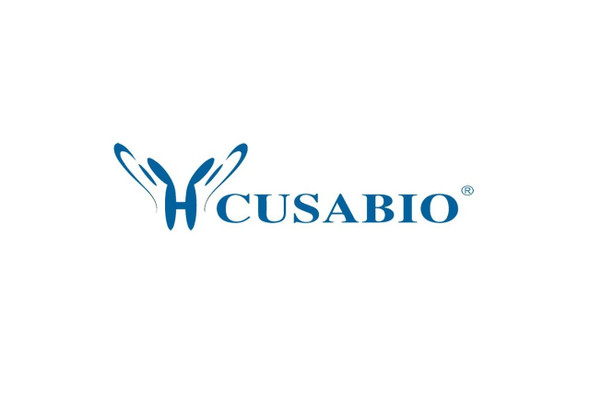Cusabio Monoclonal Antibodies
NPPB Monoclonal Antibody | CSB-MA168601A0m
- SKU:
- CSB-MA168601A0m
- Availability:
- 3 to 7 Working Days
Description
NPPB Monoclonal Antibody | CSB-MA168601A0m | Cusabio
NPPB Monoclonal Antibody is Available at Gentaur Genprice with the fastest delivery.
Online Order Payment is possible or send quotation to info@gentaur.com.
Product Type: Monoclonal Antibody
Target Name: NPPB
Aliases: NPPB, BNP, Natriuretic peptides B
Relevance: Cardiac hormone which may function as a paracrine antifibrotic factor in the heart. Also plays a key role in cardiovascular homeostasis through natriuresis, diuresis, vasorelaxation, and inhibition of renin and aldosterone secretion. Specifically binds and stimulates the cGMP production of the NPR1 receptor. Binds the clearance receptor NPR3.
Isotype: IgG2b
Conjugate: Non-conjugated
Clone Number: 1E1F4
Uniport ID: P16860
Alternatives To SCBT: sc-101418/sc-271185
Host Species: Mouse
Species Reactivity: Human
Immunogen: Recombinant Human NPPB Protein
Immunogen Species: Human
Applications: ELISA, IHC
Tested Applications: ELISA, IHC;Recommended dilution:IHC:1:50-1:500
Purification Method: >95%, Protein G purified
Dilution Ratio1: IHC:1:50-1:500
Dilution Ratio2:
Dilution Ratio3:
Dilution Ratio4:
Dilution Ratio5:
Buffer: Preservative: 0.03% Proclin 300
Constituents: 50% Glycerol, 0.01M PBS, PH 7.4
Form: liquid
Storage: Upon receipt, store at -20°C or -80°C. Avoid repeated freeze.
Initial Research Areas: Signal Transduction
Research Areas: Cardiovascular;Signal transduction















